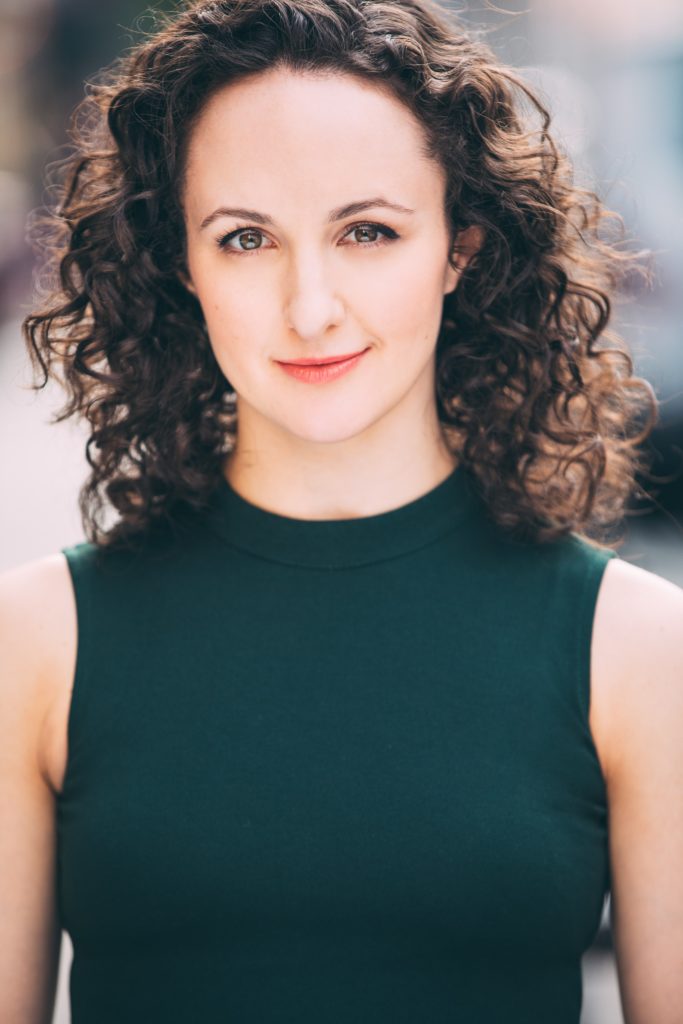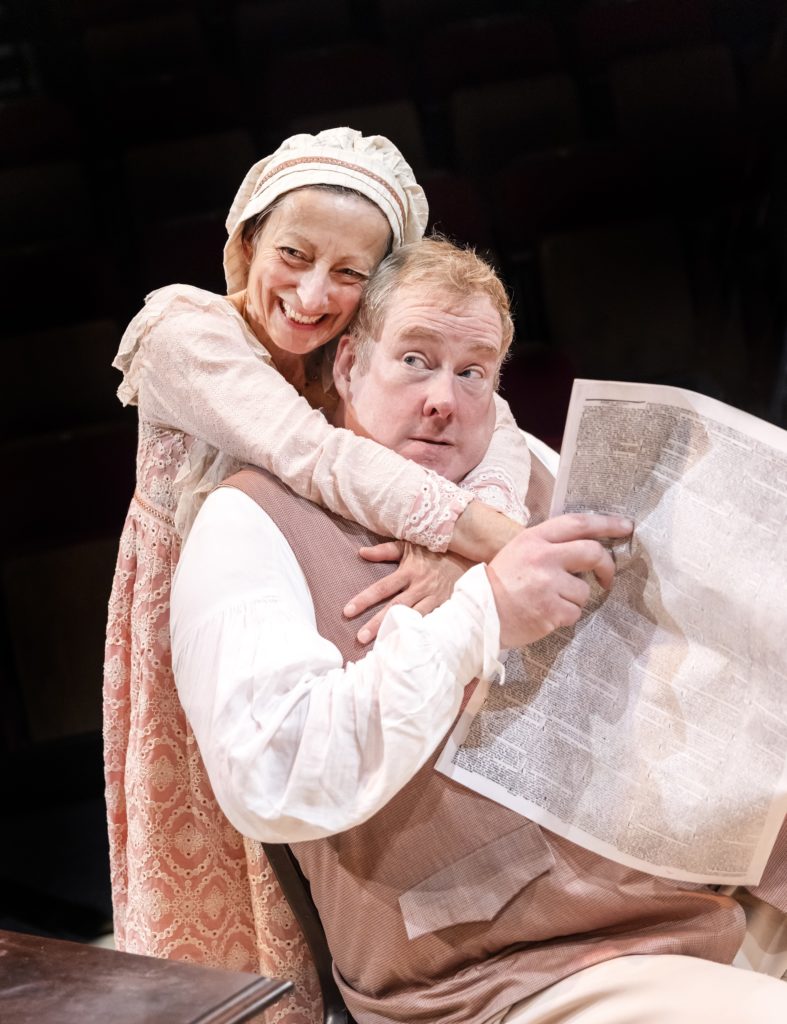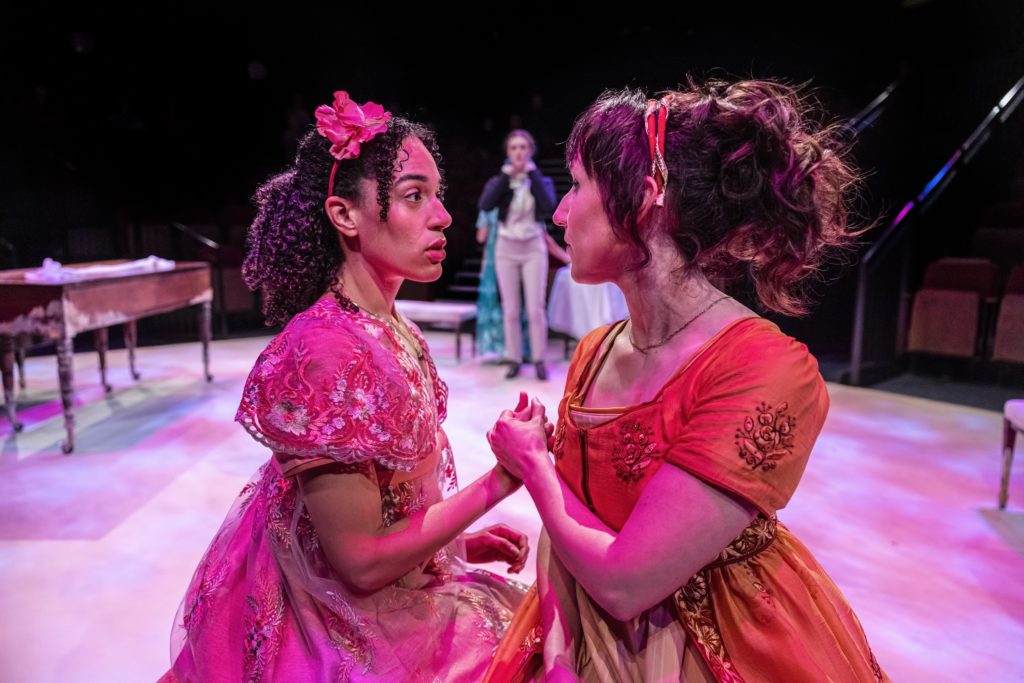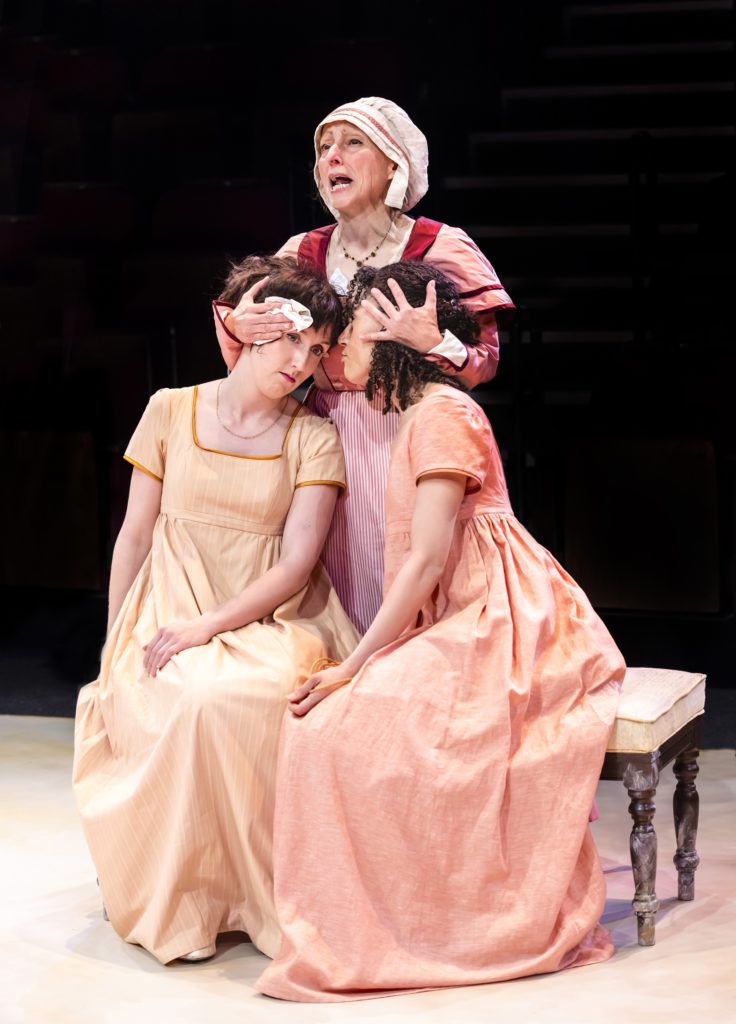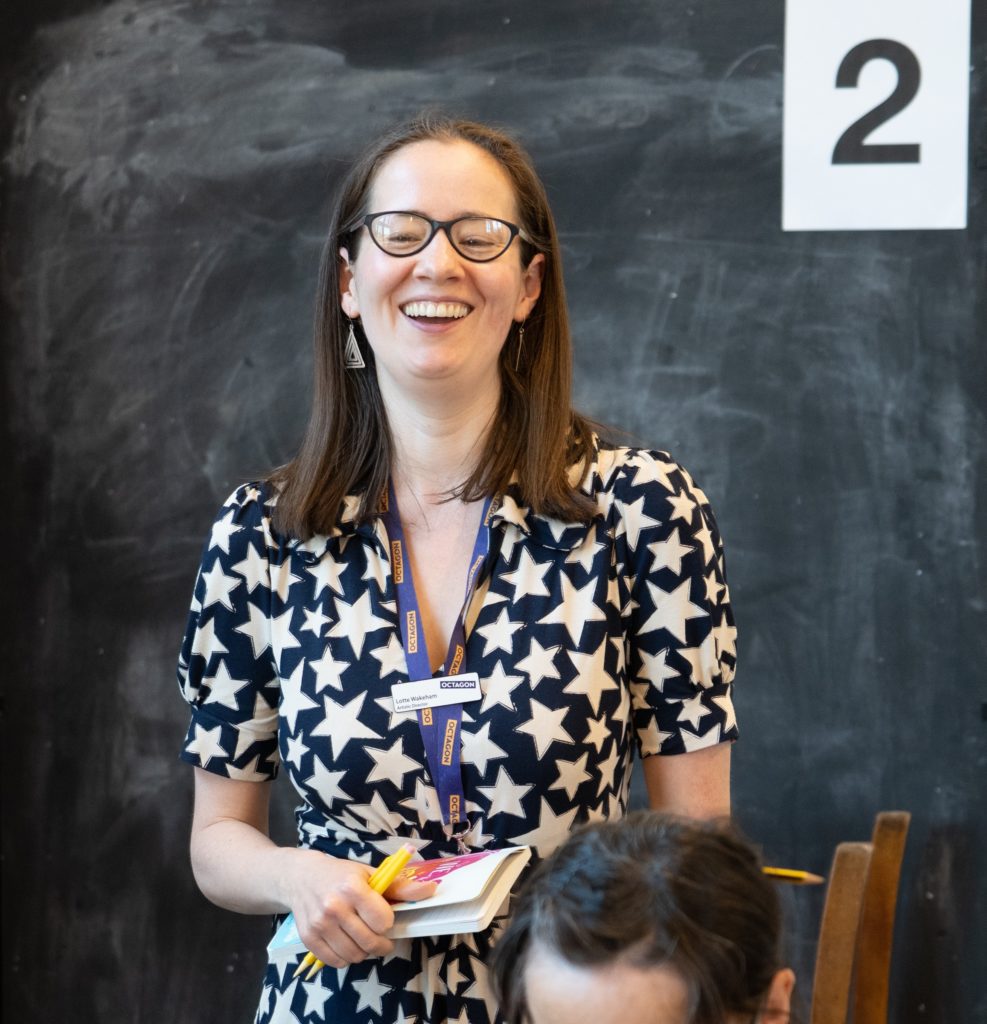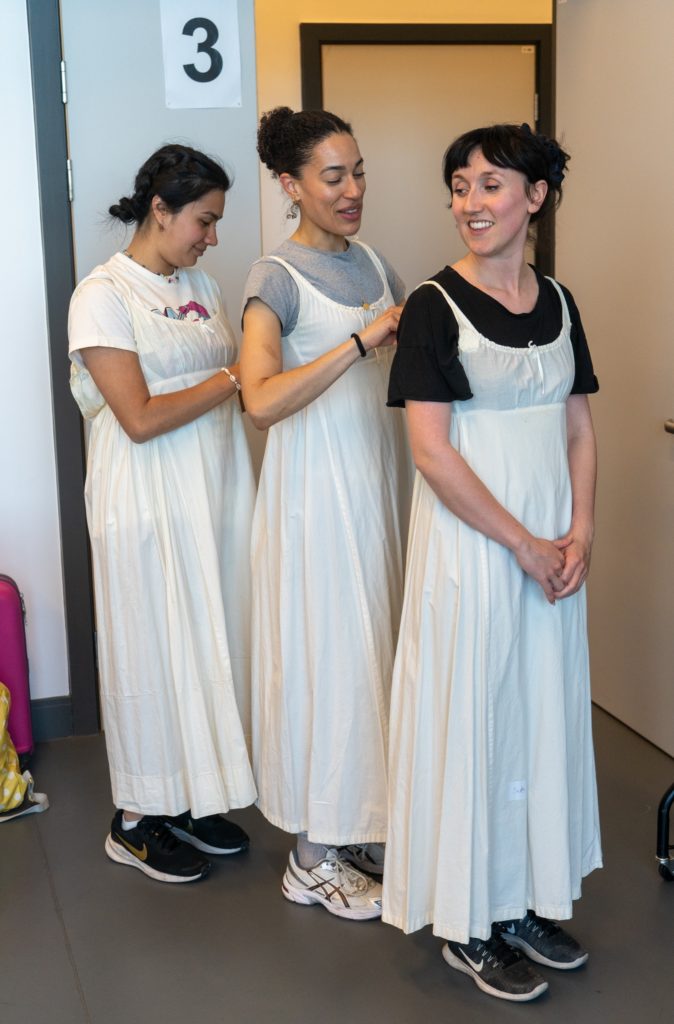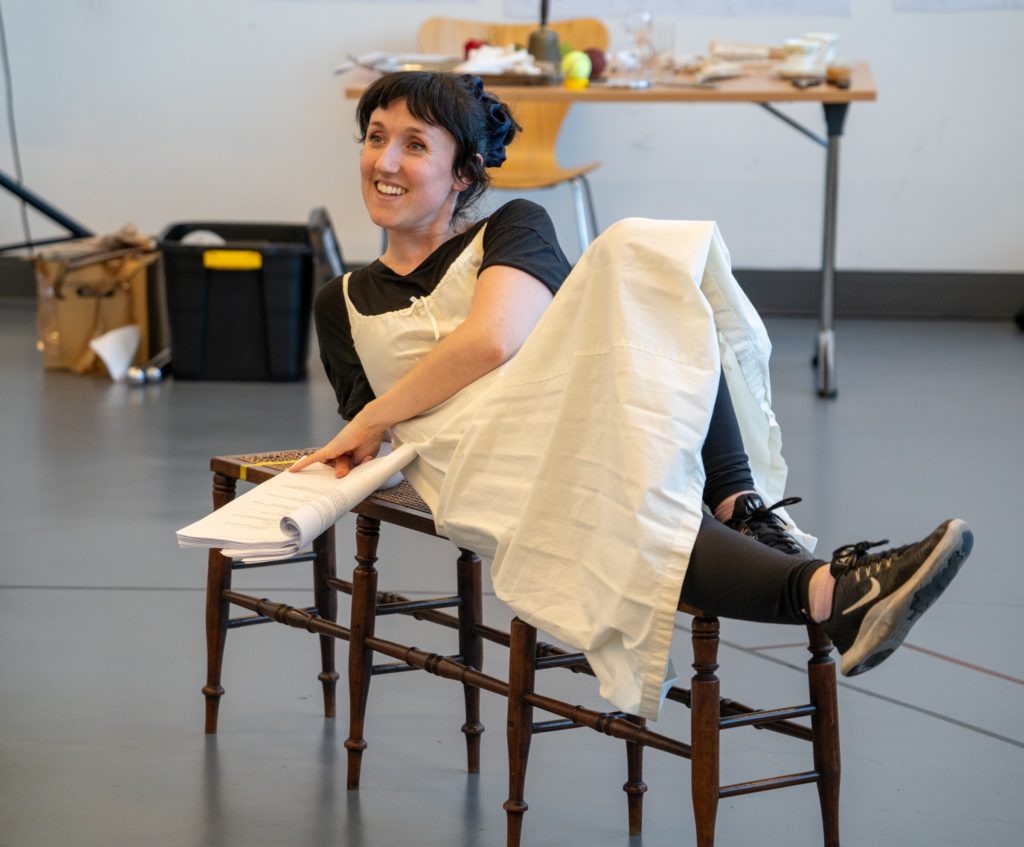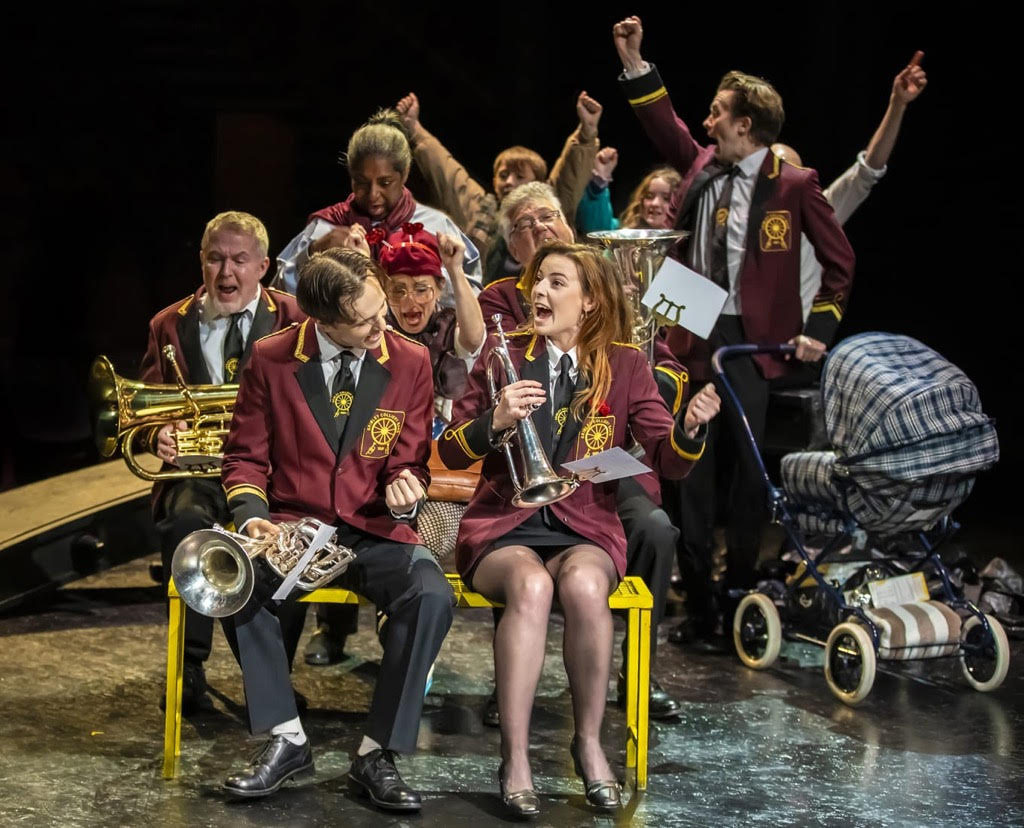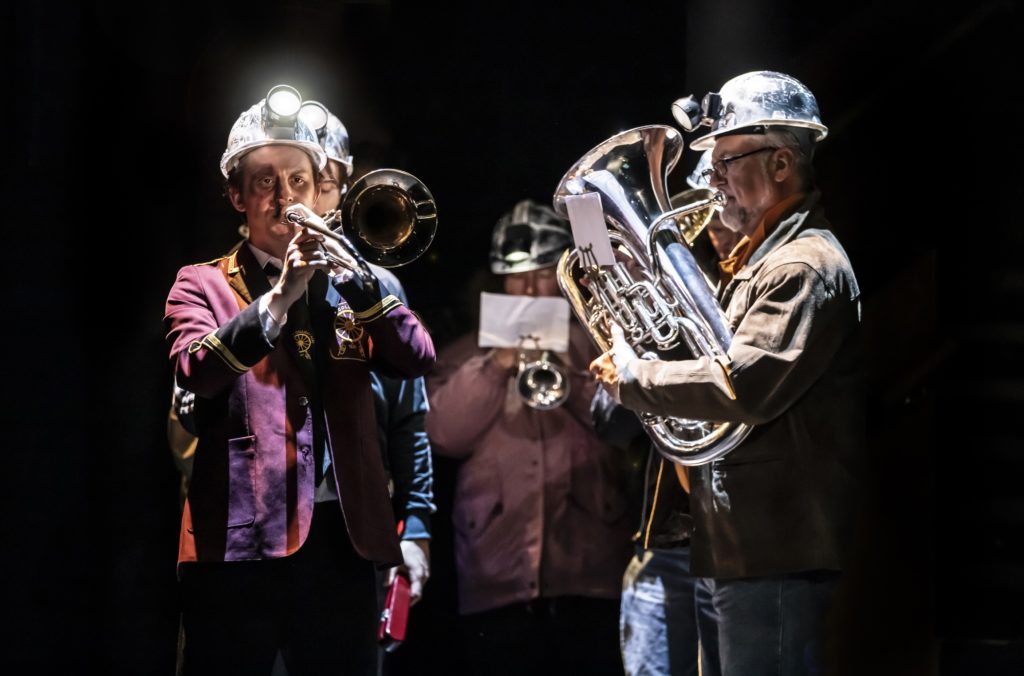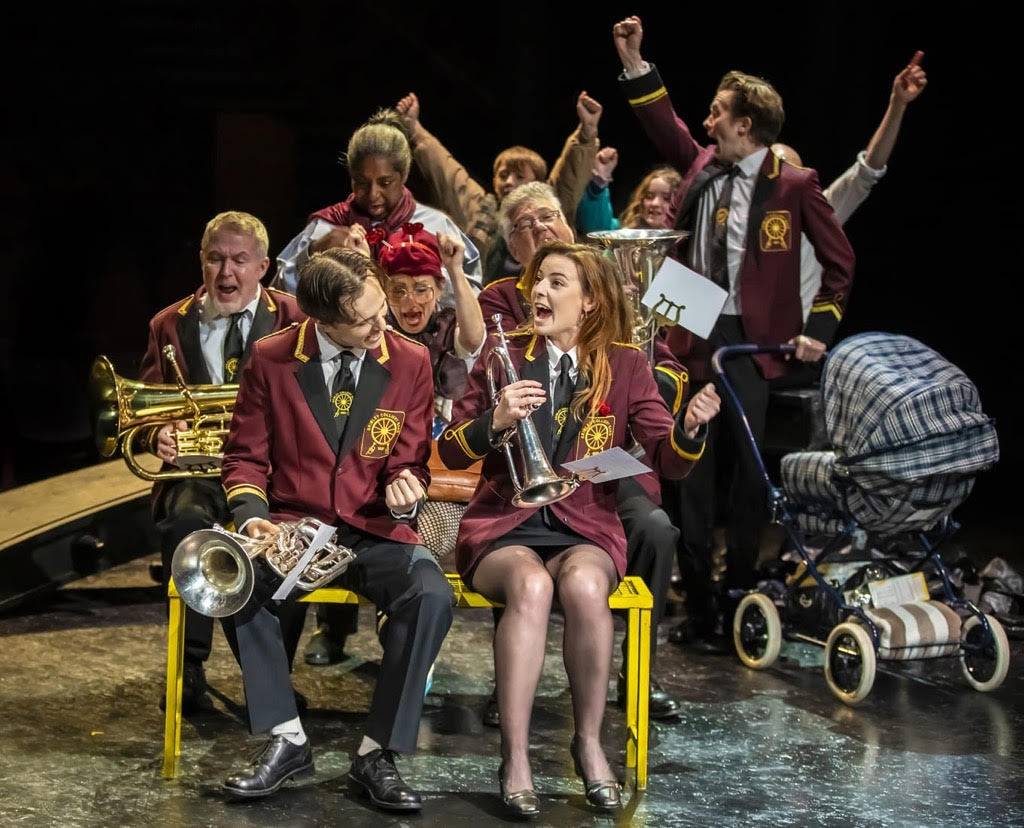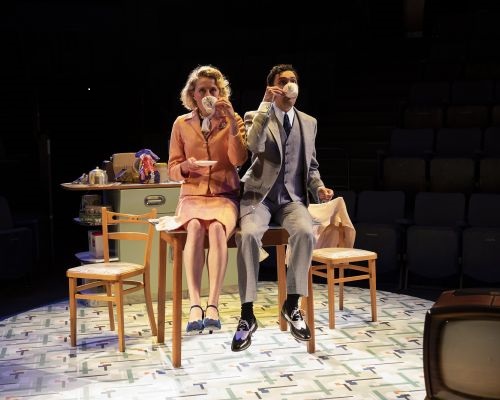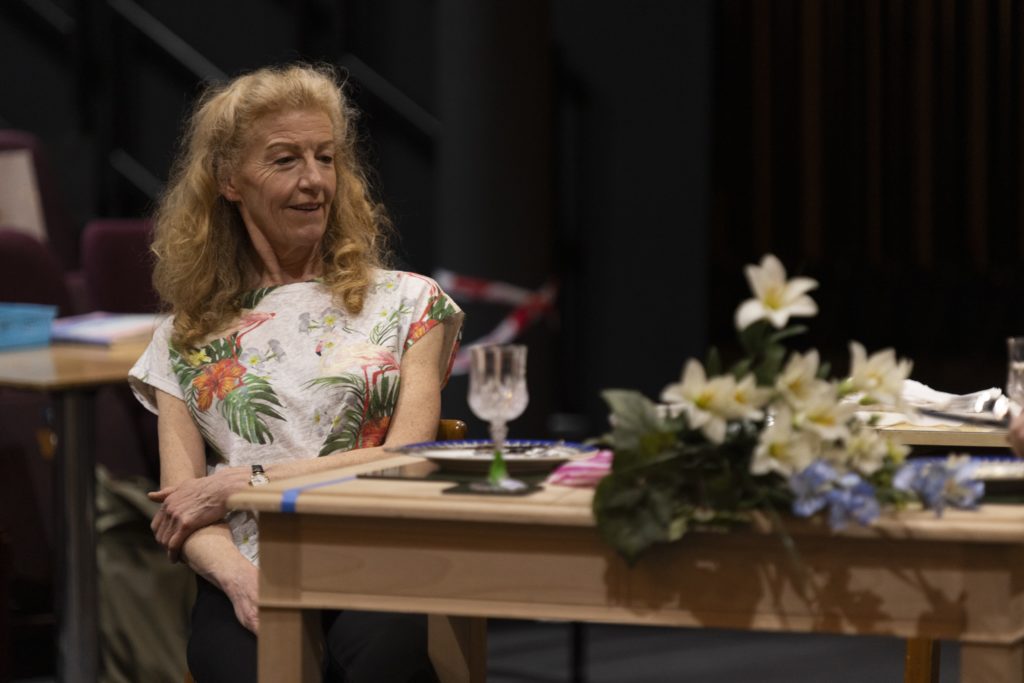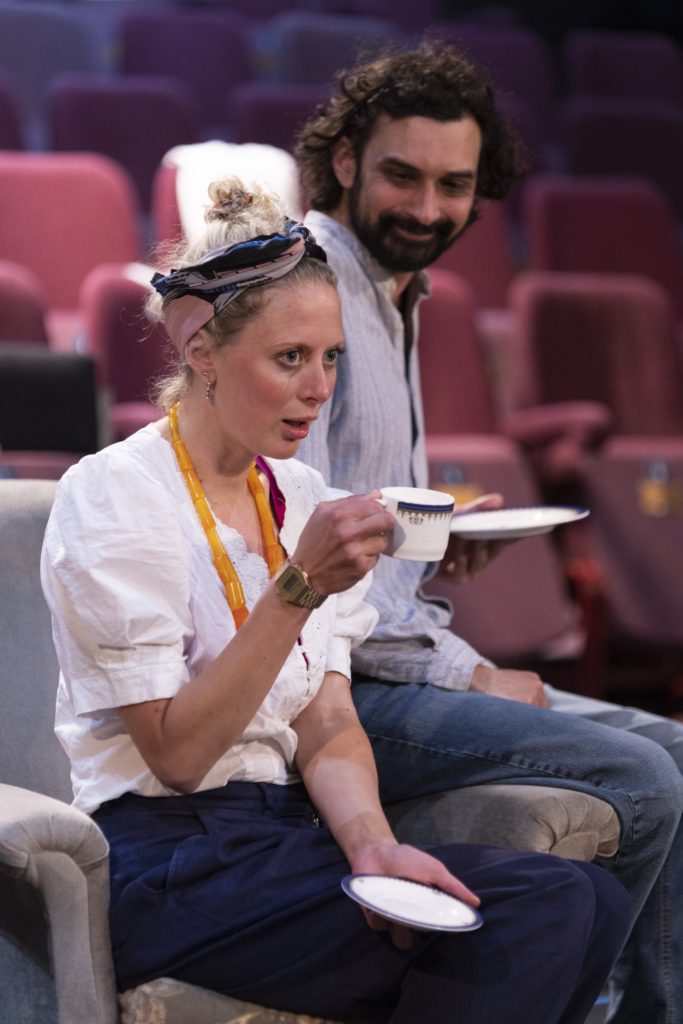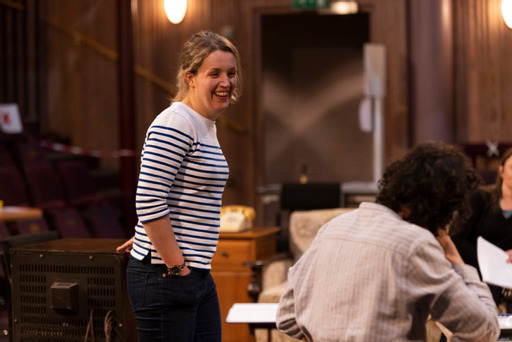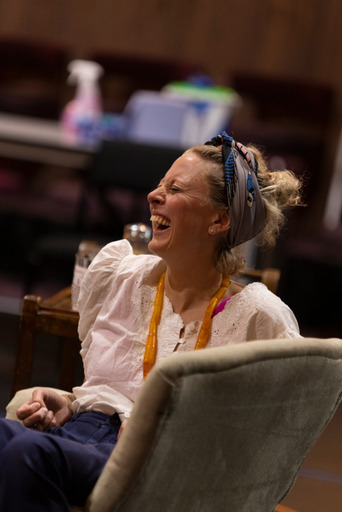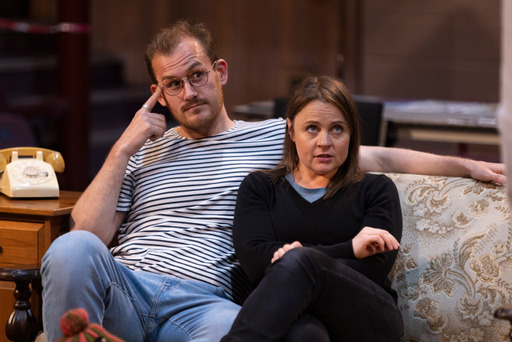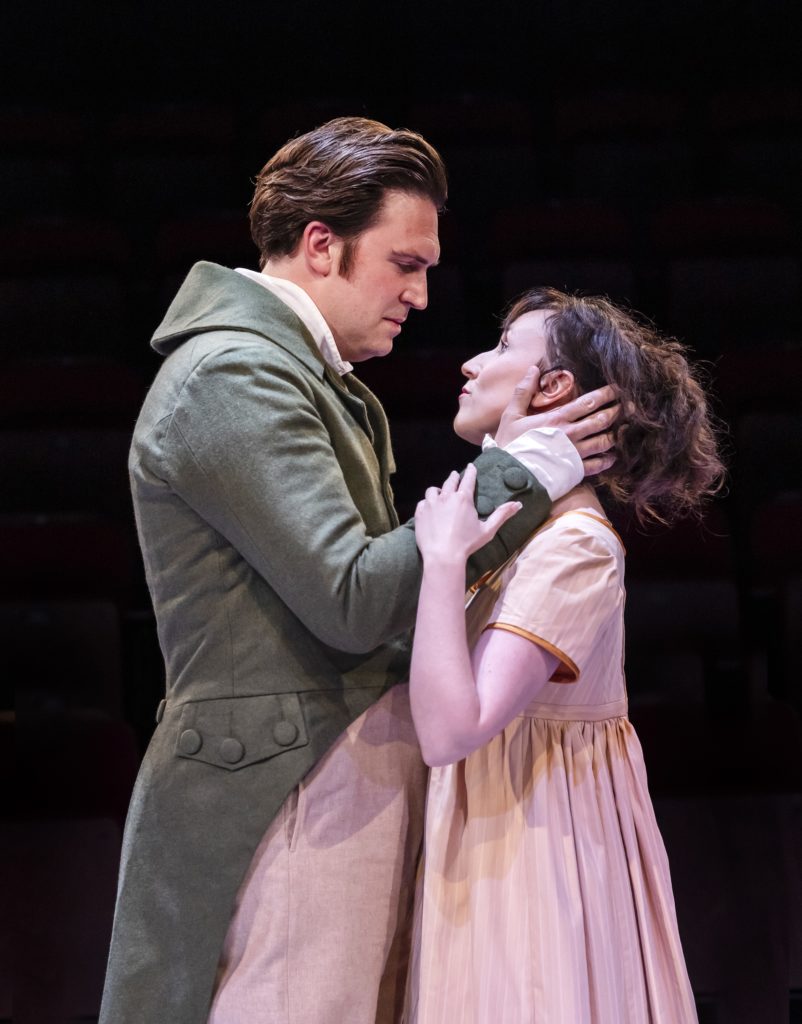
James Sheldon’s Mr Darcy and Rosa Hesmondhalgh’s Lizzy Bennet in Pride And Prejudice. Picture: Pamela Raith
AT the home of Britain’s most performed living playwright, Sir Alan Ayckbourn, Pride And Prejudice is presented in a transatlantic adaptation by Kate Hamill, his equivalent in the United States, although the New York writer and actress is not a familiar name over here.
Directed in its UK premiere by Octagon Theatre Bolton artistic director Lotte Wakeham in a co-production with the SJT, Hull Truck Theatre and Theatre by the Lake, Keswick, Jane Austen’s early 19th century love story remains wholly English in character on stage but shot through with modern sensibilities.
“I take a new play approach to adaptations,” Hamill says in her programme note, eschewing doing “just a copy-and-paste version” in favour of conducting a conversation with the original. “I really treat it as a collaboration between myself and the original author.”
She noted their shared interests: the humour and social smartness; Austen’s proto-feminism; “how the dictates of our conscience clash with what society expects of us”.
Hamill vowed to tell Pride & Prejudice in a totally new way, drawing on her love of irreverent theatrical shows for a play that would interest Austen advocates and new audiences alike and be fresh and surprising, even for those who know the novel (or indeed the multitude of past stage, film and TV adaptations).
“I don’t think I’ve ever seen it as a farce before,” she writes, presumably having not seen the rollicking, risqué, irreverent romp Pride And Prejudice * (* Sort Of), Isobel McArthur’s at once faithful yet anarchic Olivier Award winner that toured York Theatre Royal last November.
“Even now, and certainly in Jane Austen’s day, we treat love like a mix between a game and a war – down to tactics and strategies,” writes Hamill. “So I wanted a play structure that’s very high stakes, and halfway between a game and a war, and I thought, that’s a farce.”
So, may the farce be with you, but farce underpinned by a desire to score serious points about our need to make the perfect match in life, refracted through a feminist lens.
The tone is too shrill in Act One, where Joanne Holden’s diminutive match-making Mrs Bennet overplays her hand, too dominant, chomping at the bit too much to be comical in the mother’s desperation.
Comedy has to wear the ring of truth but it was cast aside here. Instead, this caricature stood out for the wrong reasons, like her black shoes on press night (incongruous but excused by the need to protect a broken bone).
Compare and contrast her gurning with taciturn, preoccupied husband Mr Bennet, the towering Dyfrig Morris feeding off scraps but to far more telling effect. He would go on to be even more subversively humorous as the veiled Miss Anne de Bourgh.
Less is more in Eve Pereira’s Mr Bingley and Aamira Challenger’s Jane Bennet, although that mantra is neglected by Ben Fensome’s oleaginous Mr Collins but with scene-stealing brio. Jessica Ellis hits the bottle as Lydia Bennet, then hits the satirical bullseye as the outrageous snob Lady Catherine de Bourgh.
Minimalist staging by designer Louie Whitemore gives a fizz to proceedings, conducted with costume changes on stage and cast members moving furniture with alacrity.
Those costumes must do the heavy lifting in evoking the Regency era with its whirl of society balls, urgent young women and awkward, tongue-tied men.
All the while, musical director Sonum Batra’s string arrangements of Blur’s Country House, The Human League’s Don’t You Want Me, The La’s There She Goes, The Pussycat Dolls’ Don’t Cha and more pop nuggets besides add to the playful air, but it is not until Act Two that Hamill’s Austen re-fit hits the right note consistently.
Rosa Hesmondhalgh’s astute, assiduous Lizzy Bennet had been swimming against the tide of caricature from the start and now she moves centre stage in tandem with James Sheldon’s Mr Darcy. Unlike those around them, their characters have the chance to grow as their romance does likewise.
Hesmondhalgh’s plain-speaking Lizzy becomes ever bolder, resolute in her beliefs yet malleable in ultimate action. Sheldon’s Darcy gradually sheds his insufferably priggish skin, his performance always alive to the comedy in the pricking of his balloon of pride and pomposity as he swells with uncontrollable love in the rain.
Romance eventually wins out in Hamill’s Pride And Prejudice, but comedy holds the upper hand in the tone of Wakeham’s direction as much as in Hamill’s dialogue. From the helter-skelter first half, they deliver a belter of a second half.
Octagon Theatre Bolton, Theatre by the Lake, Keswick, Hull Truck Theatre and Stephen Joseph Theatre, Scarborough, in association with Theatr Clwyd, present Pride & Prejudice, Stephen Joseph Theatre, until July 26, 7.30pm, plus 1.30pm Thursday and 2.30pm Saturday matinees. Box office: 01723 370541 or sjt.uk.com. Hull Truck Theatre, September 18 to October 11; 01482 323638 or hulltruck.co.uk.


